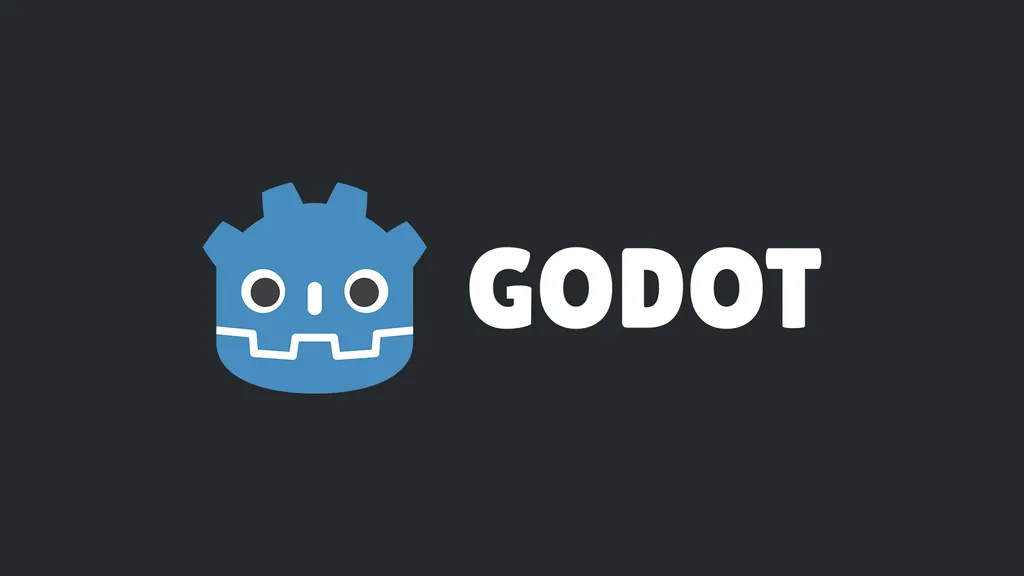Meta is funding a group of Godot veterans to improve the engine's support for OpenXR and Quest feature extensions, as well as to build high-quality samples and documentation.
That group is W4 Games, a startup founded in 2021 by Godot's co-creator Juan Linietsky, Godot's Project Manager Rémi Verschelde, Godot's Networking maintainer Fabio Alessandrelli, and serial entrepreneur Nicola Farronato.
If you're not familiar with it, Godot is a free and open-source alternative to Unity and Unreal. It's technically controlled by the non-profit Godot Foundation, but all development takes place in the open. W4 Games contributes to Godot and employs some of the main contributors, but claims it is fully independent and doesn't have any special privileges when it comes to the direction of the engine.
W4 Games says the new partnership with Meta is intended to bring these four benefits in Godot:
• Improving functionality, performance and usability of OpenXR features within Godot for the benefit of all VR developers
• Providing an integration of the Meta Quest SDKs via plugin and exposing more Meta Quest features to end-users
• Developing an optimized release template specifically for Quest users that leverages Meta Quest technology
• Creating high-quality samples and documentation to help Godot users develop for Meta Quest
Godot already supports OpenXR, but the support is rudimentary, poorly optimized, and lacks many of Quest's more advanced feature extensions. These upcoming improvements should make it much more practical for developing commercial Quest apps ready to ship on the store.

Meta's interest in improving Godot's Quest support may have been boosted after Unity's unexpected pricing model changes announced last year, which highlighted just how dependent Meta's XR ecosystem is on the engine. The vast majority of Quest Store apps today are made with Unity - could W4 Game's efforts change that over time?






























